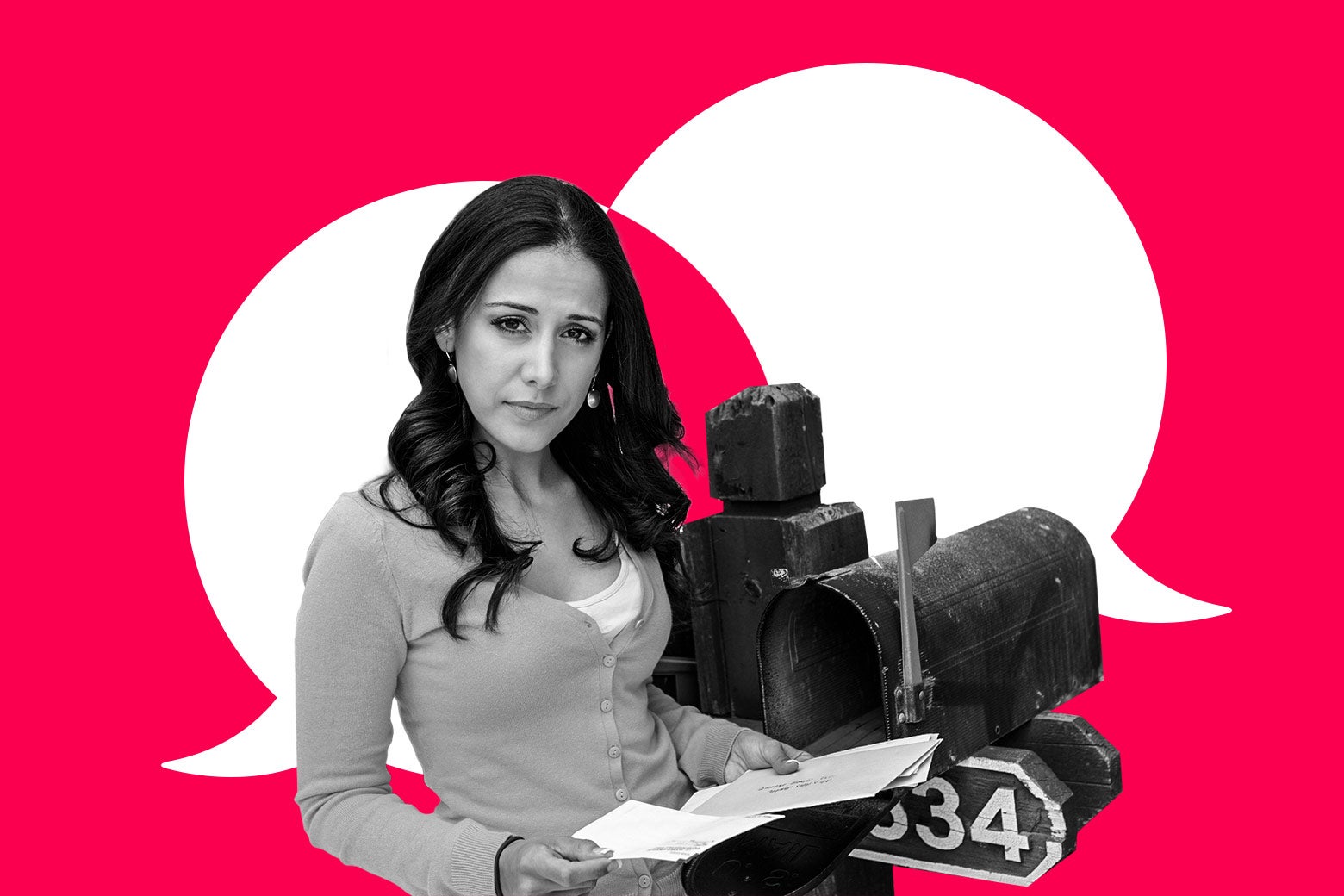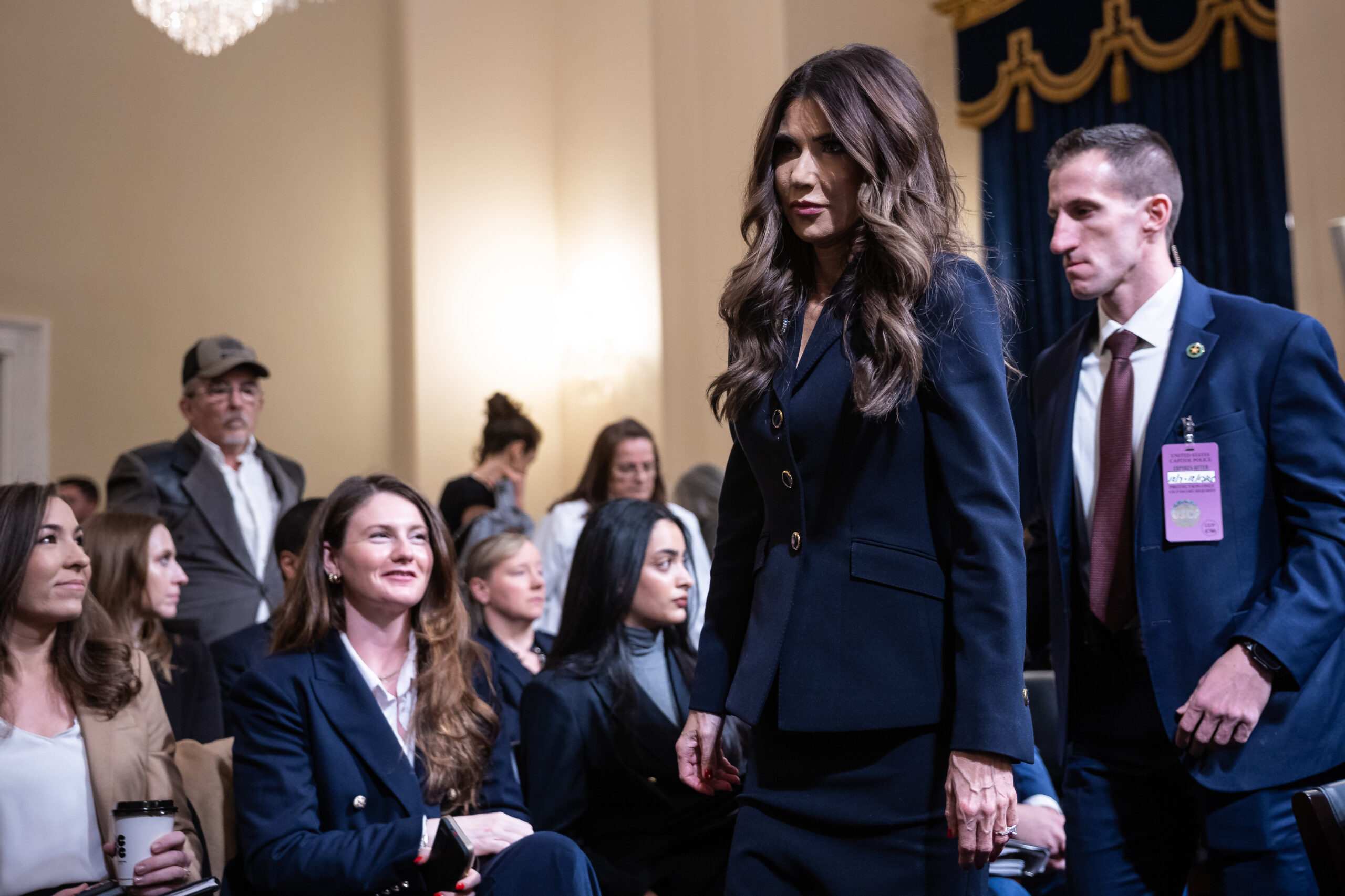A guest at a recent destination wedding has raised concerns about the etiquette surrounding thank you notes after incurring significant expenses to attend the event. The individual, who shared their experience through an advice column, spent several thousand dollars on travel, accommodation, clothing, and gifts to celebrate their friends’ nuptials. While initially pleased to contribute to the couple’s special day, the guest later felt unsettled by the couple’s choice to replace traditional thank you cards with heartfelt handwritten letters.
The wedding took place earlier this year, and the guest received a letter from the couple that expressed their gratitude. However, this letter was perceived as a substitute for a formal thank you card, which the guest believed should have accompanied their gift. The individual articulated a sense of disappointment, stating, “I still feel like a proper thank you after a wedding, especially an expensive destination one, is important!” This sentiment reflects a broader expectation among many, particularly within the millennial generation, regarding acknowledgment of significant financial contributions made to attend such events.
In response to this dilemma, advice columnists Jenée Desmond-Harris and Lizzie O’Leary provided insights into the evolving nature of wedding etiquette. Desmond-Harris acknowledged the traditional expectation of receiving a thank you note, emphasizing that while it is valid to desire acknowledgment, the couple’s heartfelt letter should also be recognized as a meaningful gesture. She remarked, “I won’t pretend like I don’t get that,” but noted that feeling upset about not receiving a separate thank you card could reflect deeper frustrations about the overall wedding experience.
O’Leary added that as people grow older, expectations around thank you notes often diminish, especially when considering the effort and thoughtfulness behind hosting a wedding. She encouraged the guest to focus on the joy of giving rather than viewing it as an obligation. “Enjoy giving things to people you care about,” she advised, suggesting that the guest might benefit from re-evaluating their perspective on the situation.
The conversation prompted a wider reflection on the financial burdens associated with attending weddings, particularly destination ceremonies, which can involve considerable travel and accommodation expenses. Desmond-Harris pointed out that the pressures of this phase of life might contribute to feelings of resentment. She suggested that individuals should consider their genuine enthusiasm for celebrating the couple before committing to such expenses.
Both columnists concluded that if the guest’s feelings toward the couple stem from a belief that they are entitled or self-absorbed, it might be worth reassessing the depth of that friendship. Desmond-Harris remarked on the importance of setting boundaries in relationships, especially when financial and emotional investments are involved.
Ultimately, this discussion highlights the complexities of modern wedding etiquette and the evolving expectations of guests. As couples continue to embrace personalized expressions of gratitude, the traditional norms surrounding thank you notes may shift, prompting guests to adapt their expectations accordingly. The overarching message remains clear: celebrating love should be an enjoyable experience, free from the burden of financial tallying and lingering grievances.







